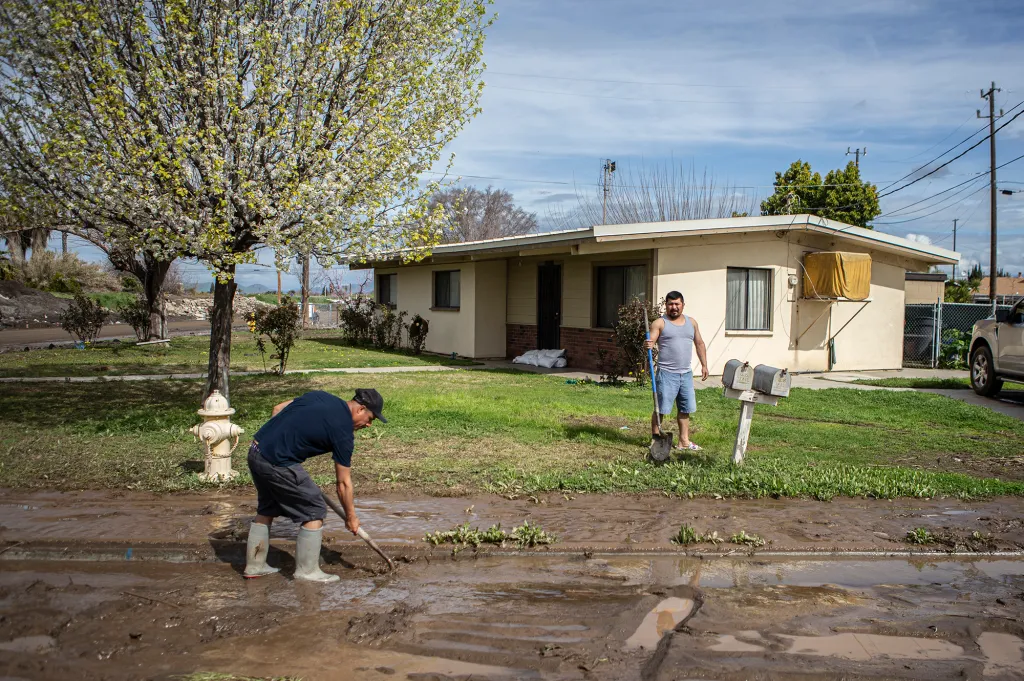In the wake of devastating winter storms and floods, relief has been slow in reaching undocumented Californians affected by the catastrophe. A specialized program launched by the state two months ago has recently begun distributing funds to the affected parties.
This June, Governor Gavin Newsom allocated $95 million from the Rapid Response Fund to aid flood victims, particularly undocumented immigrants. These individuals are typically ineligible for federal emergency assistance or state unemployment insurance.
The Department of Social Services has engaged over 20 nonprofits to dispense the relief funds. Although they've managed to distribute nearly $18 million to roughly 12,000 residents, the pace at which aid is being disbursed varies considerably. San Joaquin County, for instance, anticipates about $6 million in funds for approximately 4,000 residents. In contrast, counties like Kern and San Mateo have seen limited aid thus far.
One of the concerns with the initiative is the accessibility of the information, especially for those whose primary language isn't English. While the bulk of the beneficiaries likely speak Spanish or an Indigenous language, much of the state's information hasn't been translated, causing confusion and impeding the distribution of aid. Efrén Pérez, a UCLA professor, has questioned the state's decentralized approach, arguing that the lack of a standardized method across organizations can complicate the delivery of crucial information.
Scott Murray, representing the California Department of Social Services, countered that nonprofits, being trusted entities in these communities, are better positioned to conduct outreach.
It's worth noting that the Immigrant Storm Assistance Program is exclusively for undocumented residents in counties that qualified for Federal Emergency Management Agency (FEMA) direct assistance. Qualifying families are eligible for up to $4,500 in state aid, with in-person interviews conducted by the state's partnering nonprofits.
Many of those affected worked in farming communities, losing not just income but also homes and property. The significance of the language barrier is further highlighted by the fact that around 88% of California's farmworkers primarily speak Spanish at home, and nearly 8% speak an Indigenous language.
Though the social services' webpage for the storm assistance program has a Google Translate tool, several key program documents remain untranslated, resulting in potential barriers for those seeking aid. This isn't the first instance of such oversight. In 2020, advocates raised concerns about gaps in the Employment Development Department’s language accommodations.
Community-rooted nonprofits like Stockton-based El Concilio and the Binational Center for the Development of Oaxacan Indigenous Communities have played pivotal roles in reaching out to affected communities, distributing millions in aid.
For those affected and looking to apply, they can contact 866-724-2023 or consult the list of providers assigned to their county.


